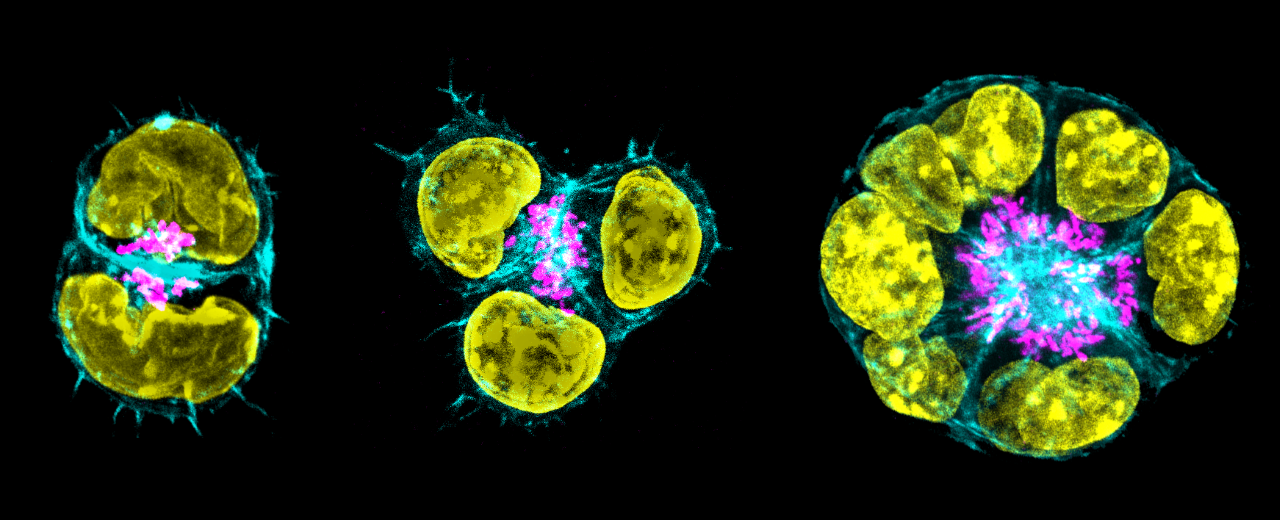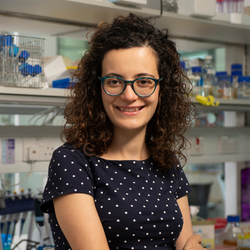Dr Marta Shahbazi
Self-organization of pluripotent stem cells
Affiliation: MRC Laboratory of Molecular Biology
Research
The Shahbazi lab is interested in dissecting the mechanisms that control pluripotent stem cell identity and fate in a physiological 3D context. In the mammalian embryo, pluripotent cells undergo concomitant changes in shape and identity to set the foundation of the body plan. In adult tissues, pluripotent cells can be induced through transcription factor-mediated reprogramming, a promising avenue for tissue regeneration and repair. The molecular determinants that control pluripotency in non-physiologic 2D cultures are becoming increasingly apparent. By contrast, how the 3D organisation of a tissue regulates pluripotent stem cell identity and differentiation is poorly understood. To address this question, our group focuses on epithelial tissue determinants and their contribution to pluripotent stem cell fate. We employ novel methods to culture mouse and human embryos, 3D embryonic stem cell models, and adult tissue organoids. Our final aim is to identify the molecular pathways that coordinate epithelial tissue shape and stem cell fate during pluripotency exit and pluripotency acquisition.

Pluripotent cells undergo epithelialisation when cultured in a 3D matrix of extracellular proteins. Yellow: DAPI, cyan: F-actin, magenta: Golgi


